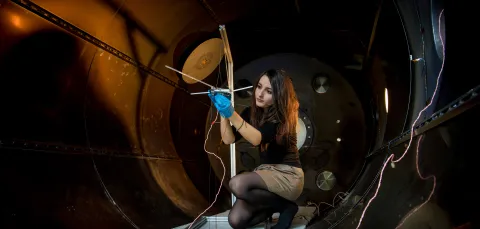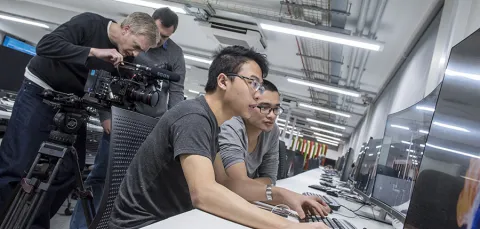About this course
Our MSc Aerodynamics and Computation degree focuses on numerical methods and the physics and computation modelling of turbulence. It will enhance your knowledge of flow physics and your ability to use state-of-the art computational tools to improve industrial designs. This course is ideal if you’re an engineering, maths or science graduate with a strong background in fluid dynamics or aerodynamics.
This degree will prepare you for a career in industrial research and development, or ongoing postgraduate research.
You’ll take part in individual and group practical work as well as a critical research project, developing your expertise in aerodynamics.
You’ll examine current trends and challenges and engage in discussion and research on critical issues in the field. You'll also develop your ability to use experimental and advanced computational methods, such as particle image velocimetry (the measurement of the velocity of fluids), finite volume method and high-order finite difference methods
Research projects are often linked to our current research activities, or supported by industry or government funding bodies. Past students have undertaken research projects such as:
- the investigation of the installation effects on the noise of Dyson high-spend fans
- aerodynamic load estimation from particle image velocimetry
- morphing wings aircraft modelling
You’ll benefit from state-of-the-art facilities including high-performance computers and the RJ Mitchell Wind Tunnel, the largest university wind tunnel in the UK. Recent graduates have gone on to work at organisations such as Dyson and Rolls-Royce.
We regularly review our courses to ensure and improve quality. This course may be revised as a result of this. Any revision will be balanced against the requirement that the student should receive the educational service expected. Find out why, when, and how we might make changes.
Our courses are regulated in England by the Office for Students (OfS).
Course lead
Dr Susmita Naskar is your course leader. Visit Dr Susmita Naskar staff profile to learn more about her work.
Accreditations
This master's programme is accredited by the Royal Aeronautical Society (RAeS) and the Institution of Mechanical Engineers (IMechE) as meeting the academic requirement for Further Learning for Chartered Engineer registration. Candidates must hold a BEng/BSc undergraduate first degree that is accredited for Chartered Engineer (CEng) registration to comply with full CEng registration requirements.
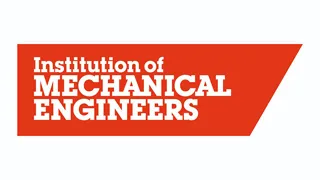
Institution of Mechanical Engineers (IMechE)
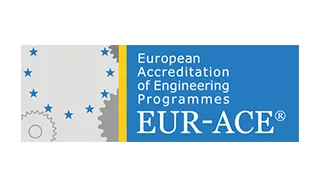
European Accreditation of Engineering Programmes (EAEP)
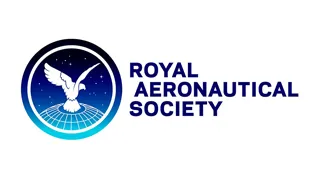
Royal Aeronautical Society (RAeS)
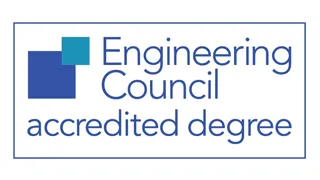
Engineering Council
“I think one of the most amazing thing that I discovered at the University were the wind tunnels and the experiments that could be carried out in them. I was able to try lots of them and when you can visually see how flow develops, and vortex appears and diminishes, it is amazing.”
Course locations
This course is based at Highfield and Boldrewood.
Awarding body
This qualification is awarded by the University of Southampton.
Download the Course Description Document
The Course Description Document details your course overview, your course structure and how your course is taught and assessed.
